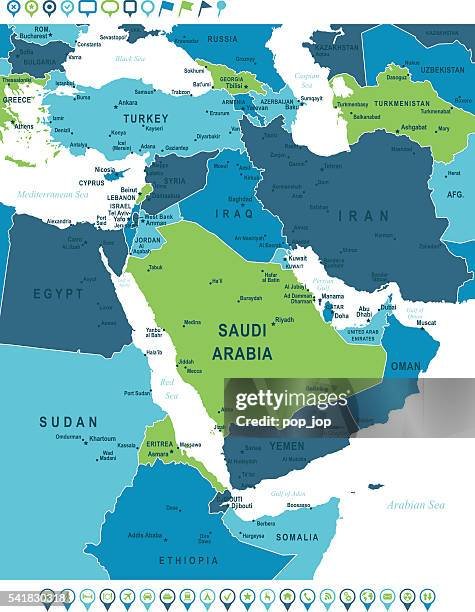Introduction:
In this analysis, we examine the role of Turkey, the Islamic Republic of Iran, and Syria based on the elements that constitute national power. After introducing these elements in the first part, this section will focus on Turkey’s position and influence through this framework.
Turkey’s Role in the Middle East and Eurasia:
1. Geographical Power:
- Strategic Location:
Turkey is positioned at the crossroads of Europe and Asia, controlling the Bosporus and Dardanelles straits—vital routes for global trade and energy transportation. - Territory and Natural Resources:
Turkey’s vast area and resources, such as coal, copper, and boron, provide it with significant advantages.
2. Economic Power:
- Growing Economy:
As a G20 member, Turkey boasts a diversified economy encompassing agriculture, industry, tourism, and technology. - Trade and Exports:
Key exports include textiles, automobiles, home appliances, and electronic products. - Transportation Network:
Turkey’s extensive road, rail, and air networks make it a regional commercial hub.
3. Military Power:
- Strong Armed Forces:
Turkey has NATO’s second-largest military, equipped with advanced air, sea, and land capabilities. - Domestic Arms Production:
Companies like ASELSAN and ROKETSAN play pivotal roles in advancing Turkey’s defense technologies. - NATO Membership:
As a key NATO member, Turkey benefits from strategic military alliances.
4. Political and Diplomatic Power:
- Regional and International Role:
Turkey is a member of international organizations like the United Nations, NATO, and the G20, and actively mediates in regional crises such as those in Syria and Libya. - Dynamic Foreign Policy:
Turkey pursues a multifaceted foreign policy with active engagement in regions from the Balkans to the Middle East and Africa.
5. Cultural and Social Power:
- Cultural and Historical Heritage:
Turkey, as the heir to civilizations like Rome, Byzantium, and the Ottoman Empire, is a major tourist and cultural destination. - Cultural Influence:
Turkish TV series, films, and music are popular across the Middle East, the Balkans, and Central Asia, strengthening its soft power.
6. Scientific and Technological Power:
- Technological Advancements:
Turkey has invested heavily in technology, innovation, and research, leading in sectors like aerospace and defense. - Education and Universities:
Turkey’s internationally recognized universities attract many foreign students, enhancing its scientific influence.
7. Demographic Power:
- Youthful Population:
Turkey’s relatively young and dynamic population provides a robust workforce and a large consumer market.
Conclusion:
Turkey’s reliance on these elements of power has positioned it as a key player in regional politics, economics, and security. Its unique geographic location, combined with its military and economic capabilities and active diplomacy, amplifies its influence on international developments.
For instance, projects like the Zangezur Corridor, which connects China to Central Asia and from there to the Caucasus and Europe, have bolstered Turkey’s strategic standing. This initiative reduces the influence of Iran and the Islamic Revolutionary Guard Corps (IRGC) while strengthening ties among Turkic-speaking nations. Simultaneously, it promotes the Sunni Crescent, extending from Saudi Arabia through the Arab Gulf States to Iraq, Syria, and Turkey, as a counterbalance to the Shia Crescent.
These strategies have elevated Turkey’s prominence, giving it a dominant position in the evolving dynamics of the Middle East and Eurasia.

 English
English



























































